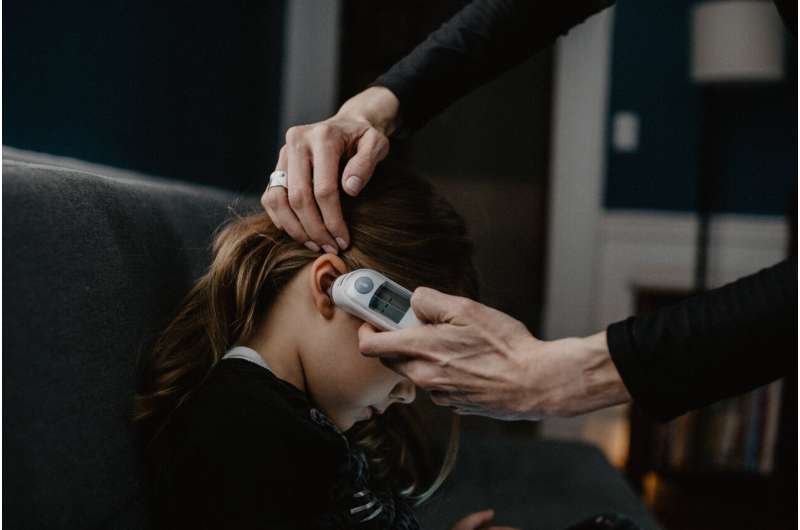Injectable Obesity Medications May Lower Risk of Eye Inflammation

New research indicates that GLP-1 receptor agonist therapies for obesity and diabetes may significantly reduce the risk of developing autoimmune uveitis, an inflammatory eye condition. This discovery enhances the potential health benefits of these medications beyond glycemic control and weight loss.
Recent research from the Cleveland Clinic Cole Eye Institute has highlighted a promising link between the use of GLP-1 receptor agonist (GLP-1RA) therapy and a decreased risk of developing non-infectious uveitis, an inflammatory condition affecting the middle layer of the eye. Uveitis can cause symptoms such as pain, redness, blurred vision, and, if left untreated, permanent vision loss. Annually, around 4 million new cases are diagnosed globally.
The study found that patients on GLP-1RA medications, commonly prescribed for managing diabetes and obesity, experienced a significant reduction—about 50%—in the incidence of new uveitis cases compared to patients not on these drugs. This observation was consistent across different patient groups, including those with and without diabetes.
This investigation, published in JAMA Ophthalmology, suggests that GLP-1RAs may possess anti-inflammatory properties that extend beyond their traditional roles in controlling blood sugar levels and supporting weight loss. These findings are particularly relevant for populations at higher risk of autoimmune and inflammatory eye conditions, such as those with a family history or autoimmune diseases. For these individuals, GLP-1RA therapy might offer additional protective benefits.
The study utilized a large-scale retrospective cohort from the TriNetX database, including over 120 million de-identified patient records. It analyzed data from more than half a million patients prescribed GLP-1RAs and compared them to equally sized control groups not using these medications. The risk reduction in uveitis was evident within one, three, and five-year follow-up periods, emphasizing the potential long-term benefits of GLP-1RA therapy.
"This is the first evidence of a protective effect of GLP-1RA medications against autoimmune eye disease, which is an exciting development," said senior author Dr. Sumit Sharma. While further research is needed, these insights open new avenues for treating and preventing inflammatory eye conditions through existing diabetic and weight management drugs.
The findings collectively suggest that GLP-1RAs could offer broader health benefits, including the potential to reduce the risk of autoimmune uveitis and improve outcomes for patients with inflammatory ocular diseases.
Stay Updated with Mia's Feed
Get the latest health & wellness insights delivered straight to your inbox.
Related Articles
Early Life Factors and Their Role in Developing Multiple Sclerosis
Recent research highlights how childhood infections, stress, maternal age, and physical activity levels can influence the risk of developing multiple sclerosis later in life. Discover how early-life factors may impact MS development and prevention strategies.



